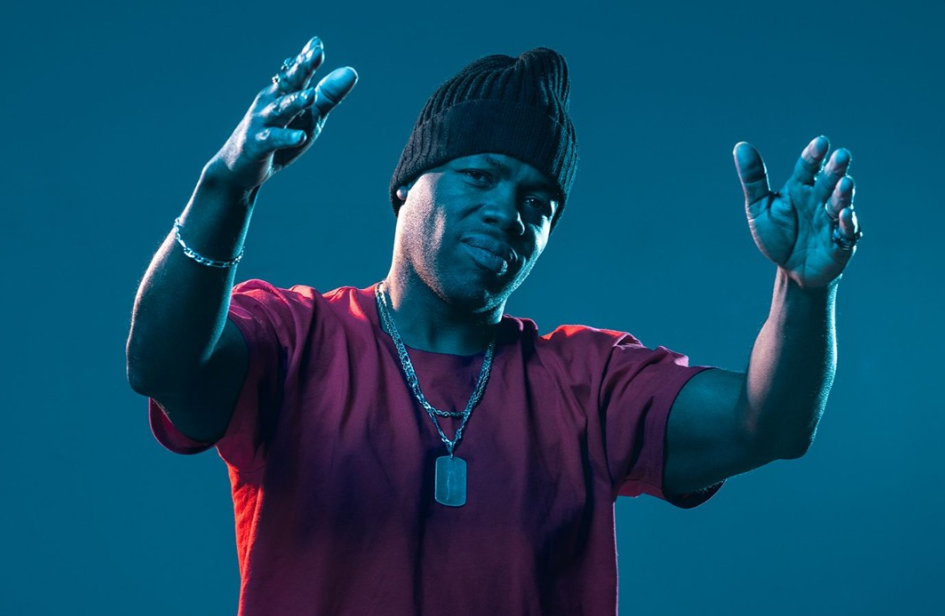When it comes to distributing cover songs on streaming services, digital stores, and internet radio, it’s important to understand the types of licenses that are required to avoid potential legal issues. In this post, we’ll break down the various licenses needed for distributing cover songs and provide some tips on how to obtain them.
Firstly, let’s define what a cover song is. A cover song is a new recording of an existing song made by someone other than the original songwriter or performer. For example, if you record a version of a popular song by Taylor Swift, that would be considered a cover song.
Now, let’s dive into the licenses required to distribute cover songs. There are two main types of licenses: mechanical licenses and synchronization licenses.
Mechanical licenses are required for distributing cover songs on streaming services and digital stores such as Spotify, Apple Music, and Amazon Music. These licenses allow you to reproduce and distribute a copyrighted song in a physical or digital format. To obtain a mechanical license, you can either contact the publisher of the song directly or use a music licensing service such as Harry Fox Agency or Easy Song Licensing.
Synchronization licenses are required for using cover songs in audiovisual content such as movies, TV shows, and commercials. These licenses allow you to synchronize the music with the visuals. To obtain a synchronization license, you’ll need to contact the publisher of the song directly.
It’s worth noting that if you plan on distributing your cover song on YouTube, you may not need a license. YouTube has a licensing agreement with several music publishers that allows you to monetize cover songs through ads on your videos. However, it’s always a good idea to double-check with the publisher or a licensing service to ensure you’re covered legally.
In summary, if you’re planning on distributing cover songs on streaming services, digital stores, or internet radio, you’ll need a mechanical license. If you’re using cover songs in audiovisual content, you’ll need a synchronization license. By obtaining these licenses, you can ensure that you’re legally allowed to distribute your cover songs without facing any legal issues.
For more information – please visit: www.yourmusicconsultant.com







